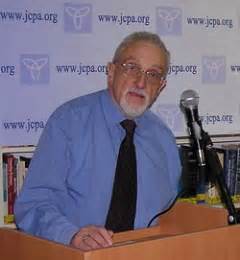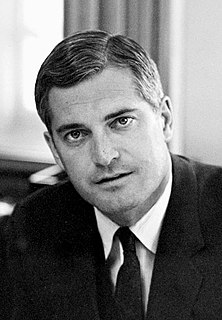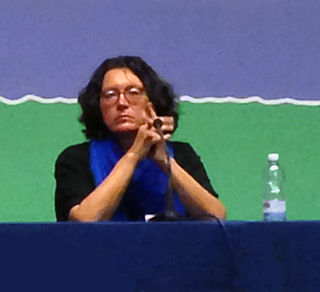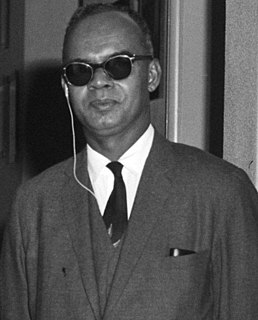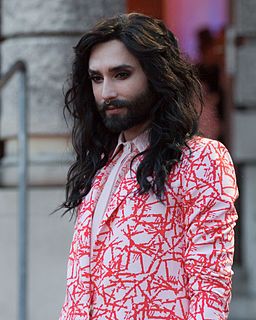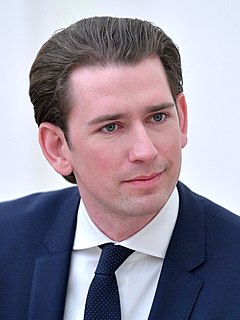A Quote by Manfred Gerstenfeld
Protestants are the more segmented group. Mainline churches - you have problems in the U.S., Europe, the Scottish Church, the Dutch Protestant Church, the state church in Norway. The evangelicals have been pro Israel, but a major effort is to bring them in on the Palestinian side. A huge problem and the problems are rising.
Related Quotes
We have to separate here the church in its broad sense. We have Catholics, Protestants, Eastern Orthodox churches. The Catholic church is a corporation like a chief executive. A fairly homogenous operation. Today its attitude toward anti-Semitism is much more severe than it's ever been. The Catholic Church today is much less the problem than the other groups.
The church is in trouble-that's what they say anyways. The problem is most of what they call the church is not the church, and the church is not quite as in trouble as everybody thinks. As a matter of fact, the church today is absolutely beautiful-she's glorious, she's humble, she's broken, and she's confessing her sin. The problem is what everybody's calling the church today isn't the church. Basically, by and large, what's called the church today is nothing more than a bunch of unconverted church people with unconverted pastors.
One major difference between Mormons and evangelicals on the subject of revelation is that Latter-day Saints believe that God has appointed modern-day prophets and apostles to receive revelation for Christ's church. All church members may receive revelation appropriate for their particular callings or positions within the church and their families, but never in contradiction to church doctrine or policy. So Mormonism has both a democratic practice of revelation that would resonate with evangelicals, but also an institutional understanding of revelation foreign to evangelicalism.
One of the primary questions in a state-church arrangement is, 'which controls which?' . . . In Norway, for example, the liberal labor government has regularly angered Church officials by making controversial ministerial appointments against the wishes of the clergy. . . . These and other actions have strained the church-state relationship almost to the breaking point. As a result, some of the bishops have advocated disestablishment.
Many people just won't connect the social problems with the history of dispossession of the aboriginals. There is one problem with pro-Palestinian activists in Europe and the U.S. with the way they portray Israel as though it were an island of evil in an ocean of goodwill. Unfortunately we are not. This world is not made of benign, progressive states with Israel as the one exception.
It is true that traditional Christianity is losing some of its appeal among Americans, but that is a religious, not political, matter. It is worth remembering that the Jeffersonian 'wall of separation' between church and state has always been intended to protect the church from the state as much as the state from the church.
Many of the liberal people tend to say, "Well, the solution is government." I couldn't disagree more. The government cannot solve the problem and never will. I believe the solution to these problems is the church and that the church should be responsible for caring for the sick, and assisting the poor, and educating.
